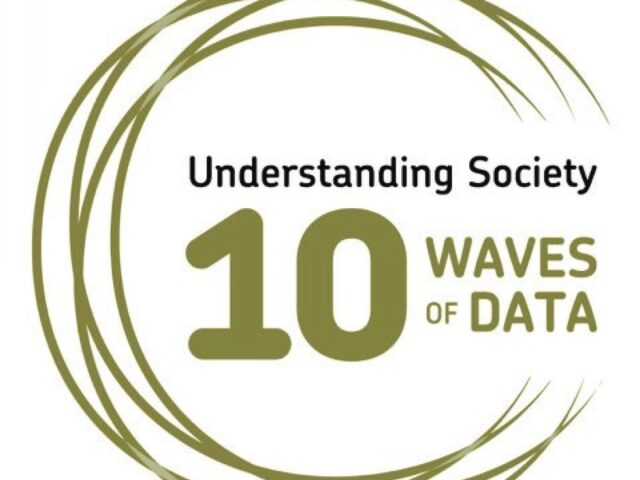Retaining respondents is a key issue for any longitudinal study. Attrition (losing sample members) is a natural factor in long-term surveys, as respondents move out of the scope of the study, become unwell or pass away. Some respondents will choose to stop taking part or may stop for a while and then return to the survey. Keeping respondents engaged with the study, so that their whole household takes part each year, is important to Understanding Society and the study uses various methods to improve retention.
Panel attrition, which occurs when sample members who started participating in a longitudinal study drop out, poses a threat to data quality since it might bias survey estimates and impose limits on the ability of researchers to conduct longitudinal analyses. To see the potential impact of attrition on Understanding Society data, an annual report is produced on trends in panel attrition. The results show that response rates have only slightly decreased compared to the previous wave. The attrition rate is greater among young people, participants with an ethnic minority back ground, and those who are on lower income or with no qualifications. This research also found that survey weights were able to mitigate the impact of attrition.
Read the research: Annual report on trends in panel attrition in Understanding Society, 2025 edition
Understanding Society employs different techniques to encourage retention in the study. Different response maximization strategies have been tested in the Innovation Panel and in the main survey.
Some people are more likely to take part in longitudinal studies than others. Knowing more about the circumstances that cause participants to drop out and the response behaviour of long-term participants helps Understanding Society tailor materials to certain participant groups. Using data from the British Household Panel Survey and Understanding Society, analysis of response found that loyal respondents are more likely to be older participants, more highly educated, from smaller household sizes and reporting lower household moves.
Read the research: Respondents for nearly three decades: how do loyal sample members differ from others?
Understanding Society puts considerable effort into keeping contact details for respondents up to date. Contact information is collected during the annual interview and participants are sent reminders to update their contact details at every inter-wave mailing. Participants can update their contact details using an online form or call the participant communications team. Where the Study loses contact with participants, tracing is used to attempt to find them again.
When participants are allocated an online interview, non-response is followed up by interviewers, who play an important role in in persuading participants to keep going with the Study.
Throughout the fieldwork process participants are encouraged to take part in their annual interview. The letter or email inviting them to take part is followed up with reminders, which prompt response. Participants are also sent newsletters twice a year to update them on how Understanding Society is being used. Mailings for specific groups are also used, for example participants living in rented accommodation or older respondents.
Read the research: Methods for recruitment and retention
Understanding Society participants are given a gift card to thank them for taking part in the survey. Incentives can be unconditional, given in the invitation to take part, or conditional on completing the survey. The Study has also used ‘early-bird’ incentives, to encourage participants to complete within a set time frame.
Earlier research on incentives in Understanding Society suggests that unconditional incentives are generally more effective than conditional ones, but ‘early-bird’ incentives can improve online response. When moving from face-to-face to an online survey, increasing the value of the incentive cancelled out the negative effect of mixed-mode attrition and led to higher response over time.
In Wave 12 of Understanding Society an experiment was added on the effect on response rates of increasing the value of the regular survey incentive. The incentives were given unconditionally to the previous wave respondents and conditionally on participation to the nonrespondents. The increase in the value of the incentives resulted in a higher response rate only for the previous wave nonrespondents living in responding households, where at least one other adult completed the adult questionnaire.
Understanding Society has experimented with sending text messages to participants to remind them to take their survey. These results show that adding text messages to a contact strategy that includes letters and emails slightly improves the web survey response rates for those who shared a valid mobile number and email at previous waves. The SMS reminders effectively increased response rates at the web-only phase for most sample subgroups. Younger sample members (16–29), white British people, smartphone users, those allocated to a web-first protocol in the previous wave, participants with lower data security and privacy concerns and those living in cooperative environments were more likely to participate in the survey after receiving two SMS reminders.
Read the research: Text messages to incentivise response in a web-first sequential mixed-mode survey


